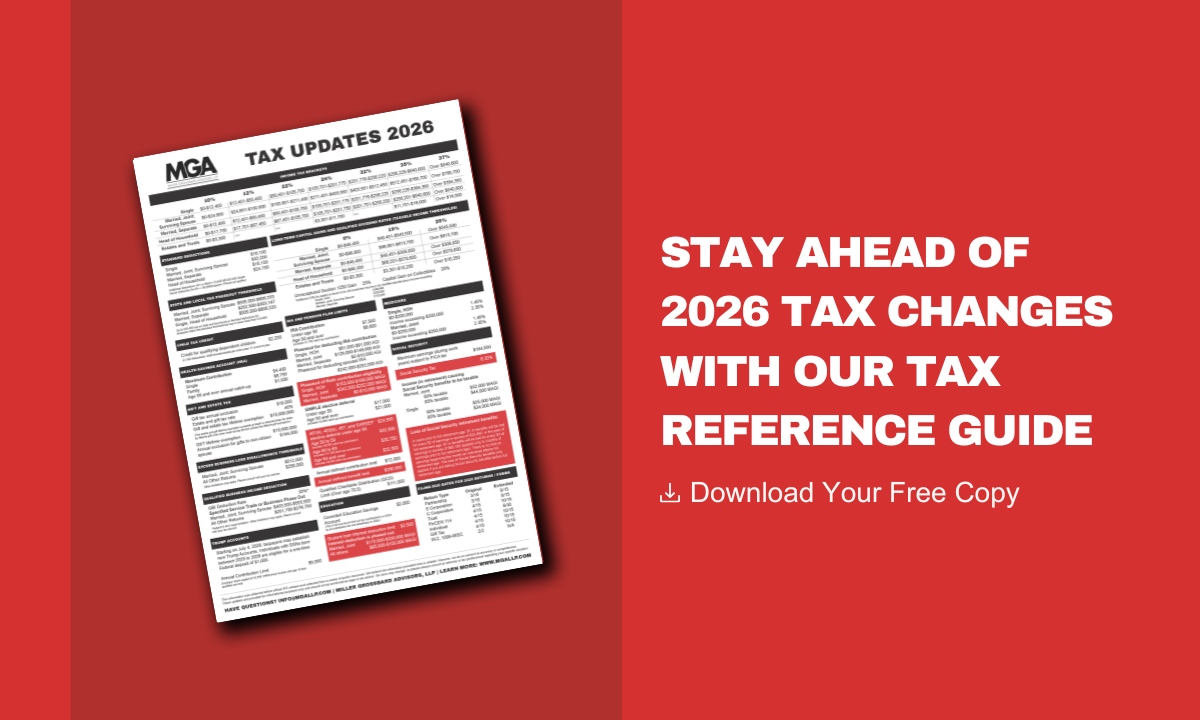The Financial Crimes Enforcement Network (FinCEN) recently updated its Beneficial Ownership Information FAQs, providing clarifications and detailed guidance for businesses navigating the complexities of compliance under the Corporate Transparency Act (CTA).
These revisions are essential for both domestic and foreign entities, as they clarify the obligations concerning beneficial ownership reporting and refine the scope of entities affected by the Act.
The rules are complex and evolving. While there are now over 100 FAQs covering 15 different categories, we are here as your trusted guide in making the complex simple. This article will shed light on the most recent and important updates you need to know.
Highlights from the Revised FinCEN FAQs
Enhanced Reporting Obligations for Entities Losing Exemptions:
Entities previously exempt from reporting requirements must now file their initial beneficial ownership information (BOI) within a specified timeframe after losing their exempt status.
Entities registered before January 1, 2024, that lose their exempt status during 2024 are granted an extended period to file their initial BOI. Normally, a company would need to file a BOI report within 30 days after losing its exemption. However, for companies that lose their status between January 1, 2024, and January 1, 2025, the deadline to file their initial BOI is extended until January 1, 2025. This extension allows companies to use the longer of the two periods: either the standard 30-day window or the time remaining until the end of the year. For instance, a company losing its exemption on April 1, 2024, would have until January 1, 2025, to file, whereas a company losing its exemption on December 25, 2024, would have until January 24, 2025, to submit its BOI report.
This is designed to ensure continuous accountability across all applicable business entities.
Clarification on S-Corporations:
The updated FAQs make it clear that S-Corporations are not exempt from BOI reporting requirements, even with their pass-through taxation status. They must comply unless they meet specific criteria, such as significant operational presence in the U.S. and meeting certain financial benchmarks.
Exclusions for Non-Traditionally Formed Entities:
Certain entities, like common law trusts and general partnerships not formed through traditional state filings, may be exempt from the BOI reporting requirements, highlighting the need for entities to understand the specifics of their formation and governing state laws.
Reporting for Homeowners Associations (HOAs):
Depending on their corporate structure and filing status, HOAs may need to disclose beneficial ownership information.
While HOAs with certain tax-exempt designations, such as those under section 501(c)(4) of the Internal Revenue Code, might not need to report, others, particularly incorporated HOAs, could be required to disclose beneficial ownership information.
It’s important to note that even if no individual holds or controls 25% of an HOA, FinCEN mandates that at least one person with substantial control, such as a senior officer or a key decision-maker, be reported as exercising significant influence over the association’s operations.
Detailed Clarifications on Trusts and Trustees
The updated FAQs address the complex role of trusts and trustees under the CTA:
- Beneficial Owners Defined: Beneficial owners include those with significant control over a reporting company or those holding at least 25% of a company’s ownership interests. Trusts themselves do not qualify, but associated individuals (i.e., trustees or beneficiaries) might.
- Criteria for Trust-Related Beneficial Ownership: Criteria are outlined for when trustees or beneficiaries might be deemed beneficial owners, depending on their control over or rights to the trust’s assets.
- Navigating Reporting for Corporate Trustees: When a trust utilizes a corporate trustee, the FAQs specify conditions under which the corporate entity itself may be reported instead of individual beneficial owners.
Reminder About Other Foundational CTA Details
While the updated FAQs provide necessary clarifications, it’s important to remember the foundational aspects of the CTA reporting requirements:
- Who Must Report: All entities formed or registered in the U.S. that do not meet one of the specified exemptions must report their beneficial ownership information to FinCEN. Click here to read more about which entities are exempt.
- Required Information: Entities must report details such as the legal name, business address, formation jurisdiction, tax identification numbers, and personal information of all beneficial owners. Learn more about how you can report an entity’s FinCEN identifier in lieu of information about the beneficial owner.
- Filing Deadlines: New entities formed after December 31, 2023, have 90 days to file. Entities existing before January 1, 2024, must file by January 1, 2025. Updates to previously reported information must be filed within 30 days of any change.
- Penalties for Non-Compliance: Entities failing to comply face severe civil penalties up of to $500 per day and potential criminal charges, including fines and imprisonment.
HERE’S WHAT YOU NEED TO DO NEXT
As we navigate these complex and evolving rules, staying informed and proactive in compliance practices is essential. Given the CTA's implications, we strongly recommend consulting with a legal expert. Unlike typical accounting or tax matters, the preparation and compliance of these forms is fundamentally a legal affair. It's important to understand that while we are here to provide guidance, our role does not extend to the direct preparation of these reports.
For further information and to stay updated on the latest developments, we recommend exploring the comprehensive FAQ section on the official FinCEN website.
Subscribe Now!
Want to stay up to date with our latest blog posts, educational videos, webinars, and more? Get the newest updates delivered right to your inbox by clicking here to receive instant notifications whenever we publish fresh content.
Alternatively, you can opt for our monthly roundup with valuable information and insights from our team of experts. Subscribe today and stay ahead of the curve with us.
.png?width=191&name=mgalogofinal-01%20(3).png)





